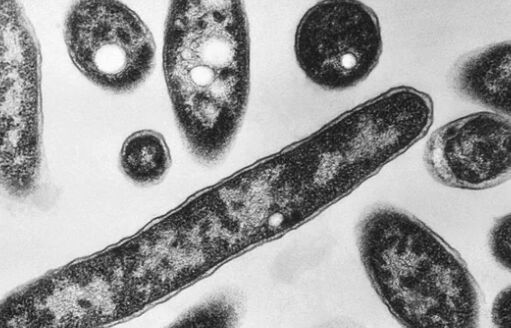Chlorine Disinfection Curbs Legionnaires' Disease Outbreak in Southeast Poland, Only One New Case Reported
Health officials report a significant decrease in Legionnaires' disease cases in southeast Poland following chlorine disinfection of the water system. Investigations continue to identify the source of the outbreak.
In an encouraging development, health officials in southeast Poland have reported just one new case of Legionnaires' disease, indicating that the spread of the disease has been significantly curtailed following the chlorine disinfection of the water system. This comes as welcome news following the outbreak in July, which has tragically claimed the lives of 19 individuals to date. The region of Rzeszow, located near the Ukraine border, has seen a total of 166 people infected. Rzeszow is a crucial transit hub for international military support to Ukraine, with approximately 10,000 U.S. troops stationed in the area. Given its strategic importance, health authorities, prosecutors, and internal security agencies have been diligently working to identify the source of the pulmonary infections in this sensitive region.
Experts believe that warm water in rarely used plumbing during hot weather could be a contributing factor. Notably, the fatalities from the disease have predominantly affected the elderly population who also suffered from other underlying health conditions such as cancer. Legionnaires' disease is a lung infection caused by inhaling infected water spray, but it is not spread through drinking water. Typically, the infection is contracted in places like hotels, hospitals, or offices where the bacteria have contaminated the water supply, particularly in air conditioning systems or infrequently used taps and showers. The Legionella bacteria responsible for the disease thrives in temperatures ranging between 20 and 50 degrees Celsius (68-122 degrees Fahrenheit).
Fortunately, the disease can be treated with antibiotics, making early detection and effective medical intervention crucial in preventing further fatalities. As per investigations, the introduction of chlorine disinfection in the water system has played a pivotal role in controlling the spread of Legionnaires' disease. It serves as a reminder of the importance of regular maintenance and monitoring of water supplies, particularly in high-risk locations such as healthcare facilities and hotels. While the situation in southeast Poland is showing signs of improvement, authorities remain vigilant and committed to identifying any potential sources of contamination to prevent future outbreaks.
The collaborative efforts of health authorities, prosecutors, and internal security agencies in investigating the cause of these infections underline the seriousness with which this issue is being addressed. As the region plays a vital role in the military support for Ukraine, it is essential to ensure the safety and well-being of both the local population and military personnel stationed there. With ongoing efforts to identify the source and heightened awareness of Legionnaires' disease, it is hoped that the situation will continue to improve, bringing relief and peace of mind to the people of southeast Poland.




